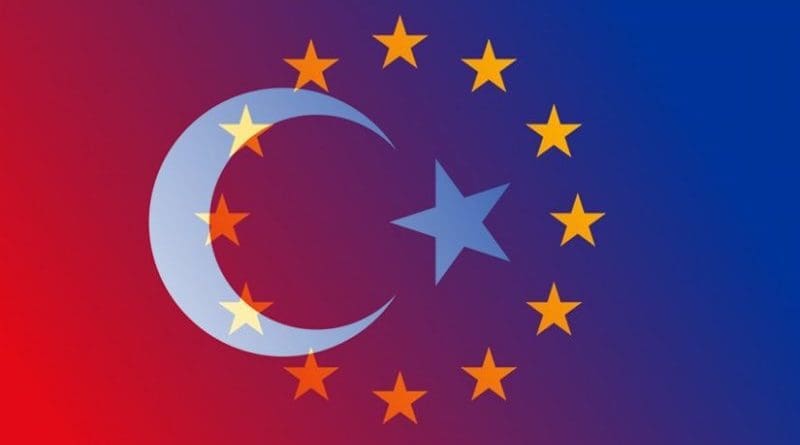Turkey And EU Relations Strained Over Political Differences And Human Rights Concerns – OpEd
As a major geopolitical player, Turkey’s relationship with the European Union has been a topic of discussion for years.
While the two entities have worked together on many fronts, including trade and security, their relations have been strained over political differences and human rights concerns. The EU has expressed concern about the state of democracy and human rights in Turkey, including restrictions on freedom of expression, the persecution of journalists and political opponents, and the treatment of refugees and migrants.
According to the European Commission’s 2021 report on Turkey, the country has made limited progress in addressing the EU’s concerns regarding human rights, the rule of law, and democracy. The report highlights several areas where Turkey needs to improve, including the independence of the judiciary, the protection of human rights defenders, and the freedom of expression.
The EU has also expressed concern about Turkey’s military actions in Syria, its drilling activities in the Eastern Mediterranean, and its support for Azerbaijan in the Nagorno-Karabakh conflict. These actions have led to tensions between Turkey and its European neighbors, as well as the United States and Russia.
Moving forward, it is crucial that Turkey and the EU work together to address these concerns and improve their relations. The EU has made it clear that it expects Turkey to respect human rights, democracy, and the rule of law, as well as its international obligations. Turkey must take concrete steps to address the EU’s concerns, including releasing political prisoners, improving the independence of the judiciary, and protecting the rights of minorities.
At the same time, the EU must also engage with Turkey in a constructive and respectful manner, recognizing the country’s importance as a regional power and its role in addressing many of the challenges facing Europe, including migration and security. The EU should continue to support Turkey’s accession process to the EU, while also emphasizing the need for meaningful reforms.
In conclusion, the relationship between Turkey and the European Union is complex and multifaceted, with both positive and negative aspects. While there are significant challenges that must be addressed, there are also opportunities for cooperation and collaboration on many fronts. It is imperative that both sides engage in a constructive dialogue and work together to protect human rights and address the challenges facing the region. By doing so, they can build a stronger and more resilient relationship that benefits both Turkey and the EU.

